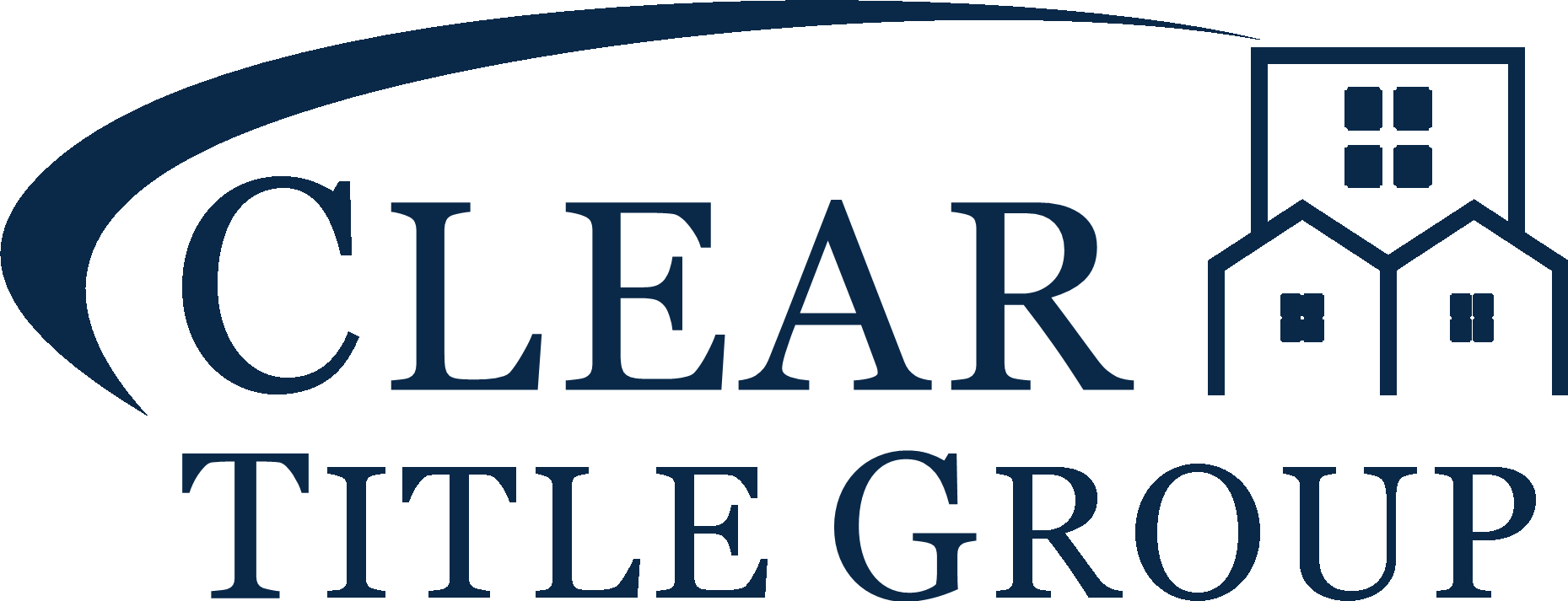Wikipedia describes title insurance as “indemnity insurance against financial loss from defects in real property.” So what does that mean? It means that buyers and those who lend money to buyers to purchase a home want assurance that title is clear and marketable.
Title insurance guarantees that you are able to sell your property when the time comes. You pay just one time for title insurance – at the time you purchase your home – and it protects you from the time you buy your house until you sell it. You pay no deductible and no further premiums. “Clear” means free of liens or judgments – free of money owed on the property, either by the current owner, or past owners. “Marketable” means the owner has or owners have the right to sell the property – and that the people that sold it to them had the right – and so on.
Prior to title insurance, owners bore sole responsibility for the marketability of title. If a problem appeared, they were personally responsible to fix the legal problem, or make good on the financial obligations that the property carried.
When you buy a home, some of the money you pay to purchase the home goes toward title insurance. This title insurance “premium,” as it is called, goes into a large fund of premiums from everyone else who buys title insurance from that particular title insurer.
Then, if a problem arises, the funds in that account cover the costs of fixing that problem. It may be that money has to be paid to someone who has a lien on the house. Or it may be that an attorney needs to prepare and file a legal document to fix the title.
In summary, title insurance guarantees that you are able to sell your property when the time comes. You pay just one time for title insurance – at the time you purchase your home – and it protects you from the time you buy your house until you sell it. You pay no deductible and no further premiums.
